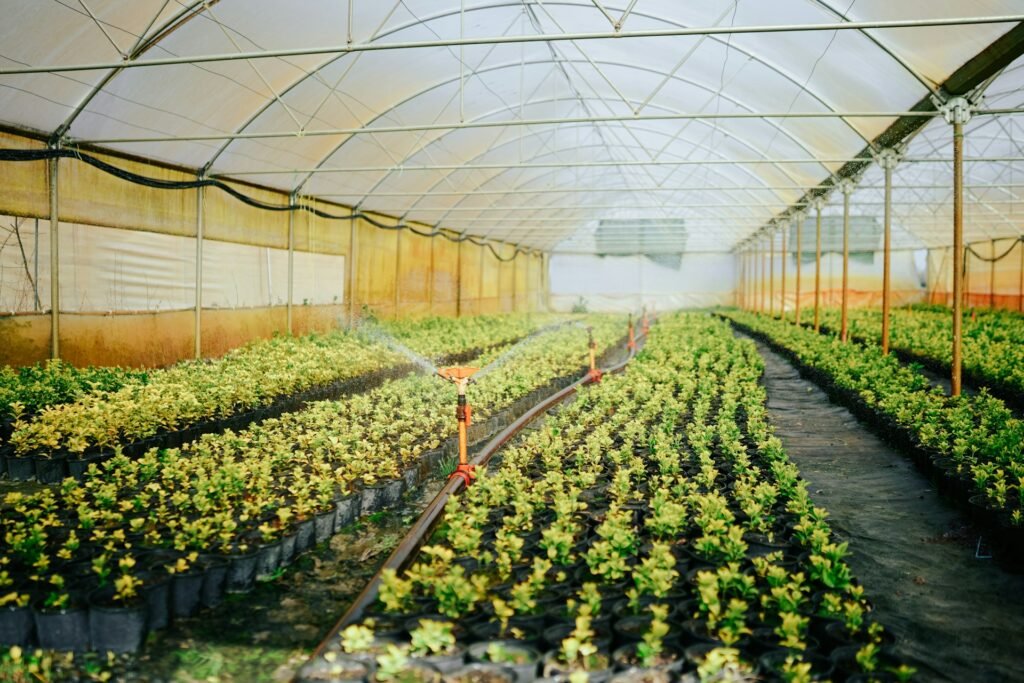Ghana is set to become Africa’s first AI-powered agricultural hub following a $100 million investment from Degas Limited, a global agri-tech company. The four-year commitment was announced after a strategic meeting between President John Dramani Mahama and Degas CEO Doga Makiura during the Ghana Presidential Investment Forum on the sidelines of the Tokyo International Conference on African Development (TICAD 9) in Yokohama, Japan.
The initiative marks a historic milestone for Ghana’s agricultural transformation agenda and positions the country as a key entry point for Japanese investors exploring West African markets. More than 100 Japanese companies expressed interest in new ventures at TICAD 9, underscoring growing confidence in Ghana’s innovation-driven economy.
Driving Agricultural Transformation Through AI
Degas Limited will scale its AI-driven satellite monitoring and precision agriculture platform to support smallholder farmers, who represent the backbone of Ghana’s food systems. The platform uses real-time imagery, predictive analytics, and agronomic insights to optimize planting, irrigation, pest control, and harvesting.
“Ghana has shown that when technology meets a clear national vision, smallholder farmers can thrive,” said Makiura. “This investment will help us boost yields, reduce risk, and expand affordable financing.”
Proven Impact and Farmer Empowerment
Degas has already financed 86,000 farmers across 122,000 acres nationwide, doubling farmer incomes while maintaining a 95% repayment rate, far exceeding industry norms. The $100 million commitment will expand:
- AI-supported farmer financing for broader credit access
- Satellite-enabled crop monitoring to inform smarter farming decisions
- Precision agronomy services improving soil health and yields
- Supply chain integration linking farmers with markets, logistics, and storage
Climate Resilience and Food Security
The project leverages AI to tackle Africa’s pressing climate challenges, including unpredictable weather, degraded soil, and pest management. With 282 million Africans facing daily hunger and projections showing 118 million at risk from droughts, floods, and extreme temperatures by 2030, Ghana’s AI hub represents a blueprint for sustainable agriculture.
AI-powered tools will also improve weed detection, optimize input use, and enhance climate adaptation strategies, reducing costs while increasing productivity.
Youth Employment and Economic Growth
The partnership is expected to create thousands of jobs, especially for Ghana’s youth, while supporting the government’s $10 billion Big Push infrastructure plan and 24-Hour Economy initiative. Beyond farming, opportunities will expand across logistics, data services, agri-fintech, and value chain processing, strengthening rural economies.
Continental Context and Regional Leadership
Ghana’s leadership in AI-driven agriculture aligns with Africa’s broader digital transformation. The continent’s agri-tech sector has grown rapidly, with investments soaring from under $10 million in 2014 to $600 million in 2022. Platforms like FarmerAI and Hello Tractor are scaling AI-powered farming solutions, reaching millions of farmers and improving food security.
The initiative also advances recommendations from the African Union High-Level Panel on Emerging Technologies (APET), which urges member states to integrate AI and data science into agricultural strategies to strengthen productivity and resilience.
Japan-Ghana Partnership and Global Collaboration
This investment deepens Japan-Ghana relations, with Japanese partners financing projects in education, road infrastructure, health, and climate adaptation. Makiura described Ghana’s approach as a “gold standard” for agri-investment in Africa, citing its integrated value-chain strategy as a model for scalable, sustainable development.
A Blueprint for Africa’s AI-Driven Future
By combining AI-powered satellite technology, precision agronomy, and fintech services, Ghana is creating a new ecosystem for agricultural innovation. The success of this project could reshape farming across Africa, influencing policies, scaling food production, and creating sustainable livelihoods for millions.
President Mahama described the partnership as “a strong vote of confidence in Ghana’s vision for integrated, technology-enabled agriculture.” He emphasized that AI adoption is central to Ghana’s food security goals, job creation strategy, and ambition to position itself as a regional innovation hub.

